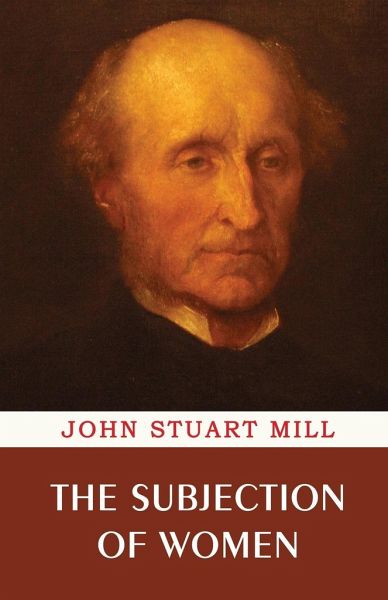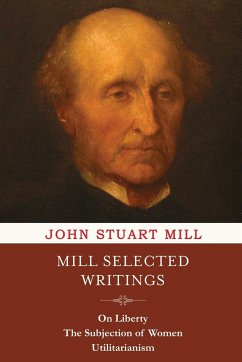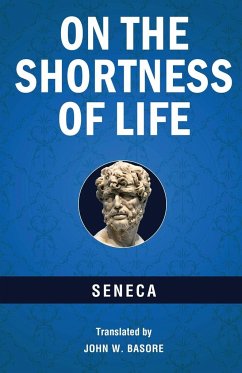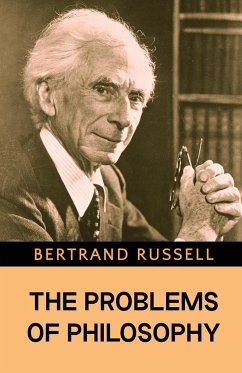
The Subjection of Women
Versandkostenfrei!
Versandfertig in 1-2 Wochen
14,99 €
inkl. MwSt.

PAYBACK Punkte
7 °P sammeln!
The anxiety of mankind to interfere in behalf of nature, for fear lest nature should not succeed in effecting its purpose, is an altogether unnecessary solicitude. What women by nature can't do, it is quite superfluous to forbid them from doing. John Stuart Mill attacks the argument that women are naturally worse at some things than men and should, therefore, be discouraged or forbidden from doing them. He says that we simply don't know what women are capable of, because we have never let them try - nobody can't make an authoritative statement without evidence. We can't stop women from trying ...
The anxiety of mankind to interfere in behalf of nature, for fear lest nature should not succeed in effecting its purpose, is an altogether unnecessary solicitude. What women by nature can't do, it is quite superfluous to forbid them from doing. John Stuart Mill attacks the argument that women are naturally worse at some things than men and should, therefore, be discouraged or forbidden from doing them. He says that we simply don't know what women are capable of, because we have never let them try - nobody can't make an authoritative statement without evidence. We can't stop women from trying things because they might not be able to do them. He also points out that while there may be physical differences between men and women, there is no evidence that they differ substantially in mental or moral capabilities. He regards gender inequality as part of an older social system in which matters were decided by use of force and makes a strong argument that modern society should operate on the basis of reason rather than force. In sum, Mill's The Subjection of Women is perhaps the finest essay of social and political philosophy produced in the modern era, and should be read by all interested in social justice, feminism, or ethics.














